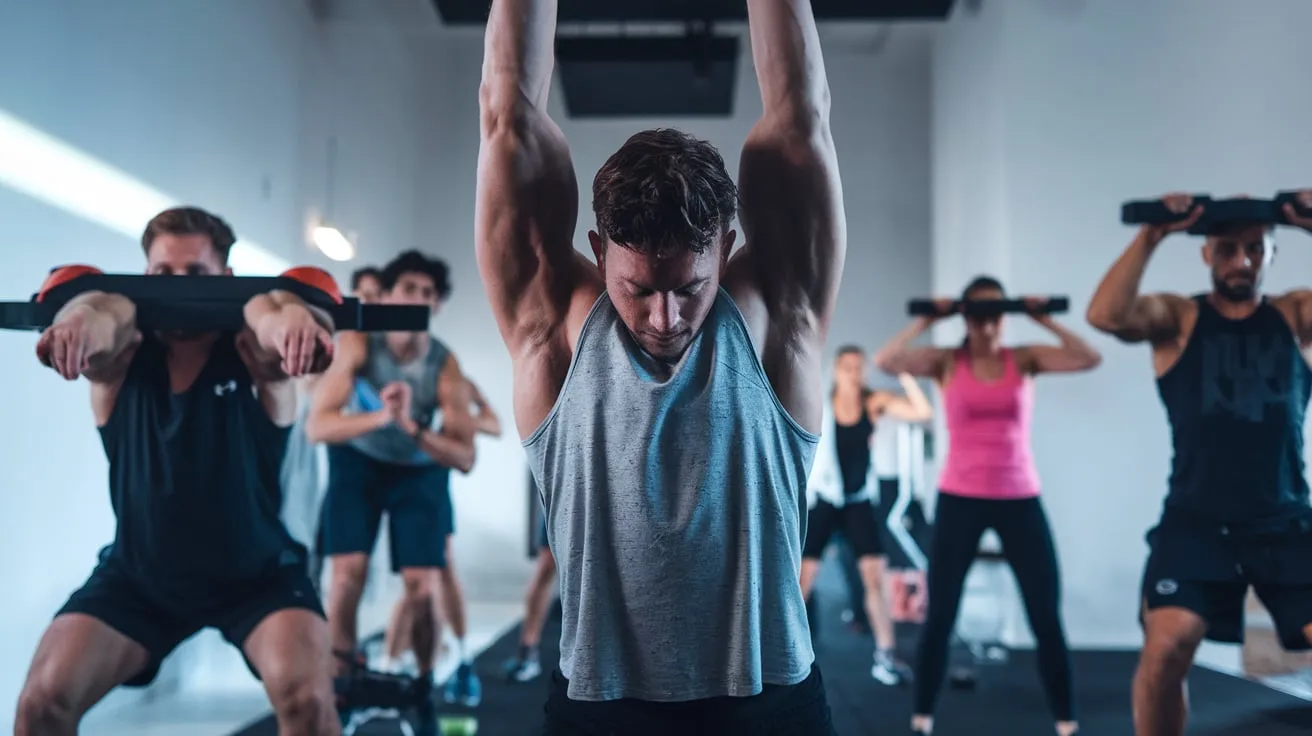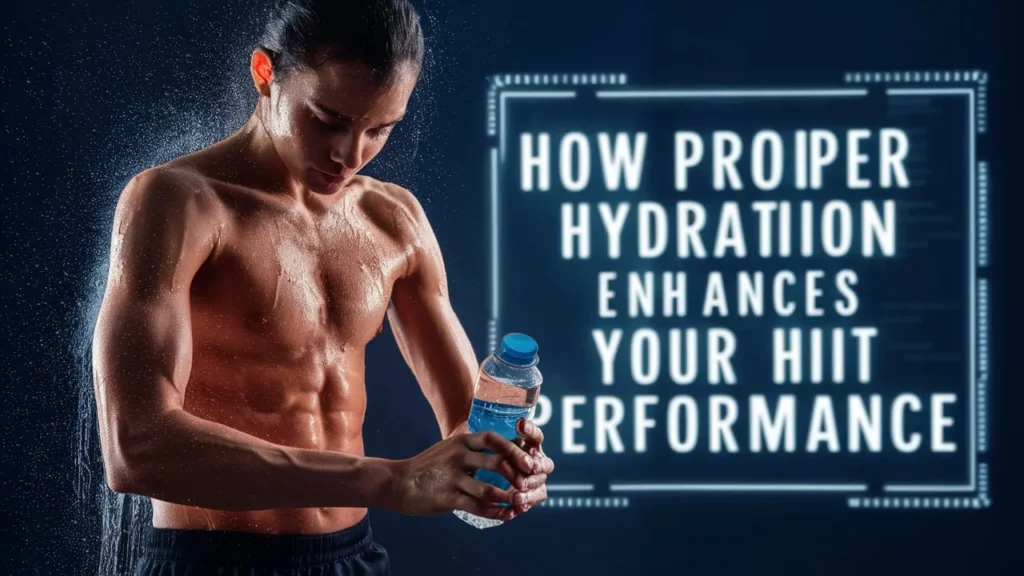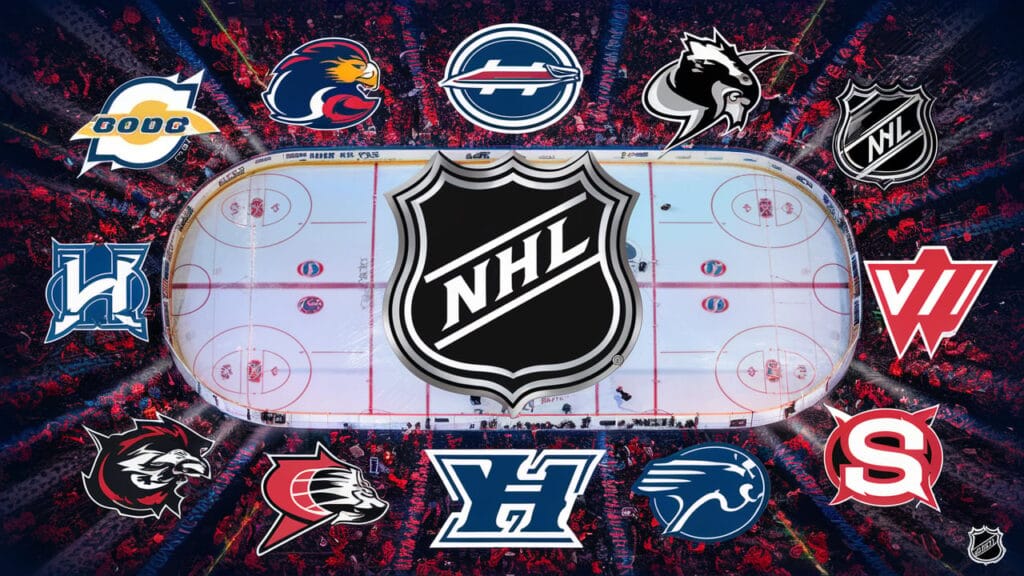Introduction To The Proper Hydration
High-Intensity Interval Training (HIIT) is a popular workout method known for its efficiency in burning calories and improving cardiovascular health. But while HIIT pushes your body to its limits, hydration becomes a critical factor in ensuring you get the most out of each session. How Proper Hydration Enhances Whether you’re an athlete or just starting, understanding the importance of Optimal hydration can make a significant difference in your performance and recovery.
The Science Behind Hydration and Exercise
Water plays a fundamental role in every bodily function, and exercise is no exception. During a workout, especially one as intense as HIIT, your body relies heavily on water to regulate temperature, transport nutrients, and remove waste products. When you exercise, your muscles generate heat, and sweating is your body’s way of cooling down. However, with every drop of sweat, you’re losing essential fluids and electrolytes, making it crucial to replenish these to maintain performance.
How the Body Uses Water During Exercise
Water is vital for lubricating joints, maintaining proper organ function, and ensuring that your muscles work efficiently. During HIIT, your heart rate spikes, and your body temperature rises rapidly. If you’re not adequately hydrated, your body struggles to cool itself, leading to overheating and a significant drop in performance.
Effects of Dehydration on Physical Performance and Endurance
Effects of dehydration on the body can be a stealthy saboteur of your fitness goals. Even a slight reduction in hydration levels can lead to decreased endurance, strength, and overall workout capacity. This happens because dehydration reduces blood volume, making your heart work harder to pump oxygen to your muscles, which can result in early fatigue and a less effective workout.
The Role of Electrolytes in Maintaining Hydration Levels
Role of electrolytes in hydration like sodium, potassium, and magnesium are minerals that carry an electric charge and are essential for muscle function. When you sweat, you lose these vital electrolytes, and if they’re not replaced, it can lead to muscle cramps, dizziness, and even more severe issues like hyponatremia, where your blood sodium levels drop dangerously low.
Hydration’s Impact on HIIT Performance
Staying hydrated is more than just quenching your thirst—it’s about optimizing your body’s ability to perform at its best during HIIT sessions. Proper hydration ensures that your muscles are functioning efficiently, your energy levels are stable, and your mind remains sharp, all of which are critical for pushing through those intense intervals.
How Dehydration Can Reduce Workout Intensity and Duration
When you’re dehydrated, your body can’t cool itself effectively, leading to a higher core temperature, increased heart rate, and more rapid fatigue. This means you might find it harder to complete your workout or maintain the same intensity, resulting in a less effective training session.
The Connection Between Hydration and Muscle Function
Muscles are made up of about 75% water, and this fluid is crucial for their contraction and relaxation. Dehydration can lead to muscle cramps and weakness, significantly impairing your ability to perform explosive movements, which are the cornerstone of HIIT.
Examples of How Proper Hydration Can Enhance HIIT Results
Consider this: A well-hydrated athlete can push through the final minutes of a HIIT session with consistent energy levels, maintaining peak performance throughout. In contrast, a dehydrated individual might struggle, experiencing dips in energy, focus, and muscle power. Simply put, proper hydration can be the difference between hitting your goals and falling short.
Read more: Dawid Malan Cricket Journey and Achievements

Signs of Dehydration During High-Intensity Training
Recognizing the Signs of dehydration to watch out for early can help you take action before your performance suffers. Symptoms like dry mouth, dizziness, and dark urine are common indicators that your body needs more fluids.
Common Symptoms to Watch for During Workouts
During a HIIT session, you may notice symptoms like an unusually rapid heartbeat, excessive sweating, or even chills, despite being hot. These are all signs that your body is struggling to maintain its fluid balance.
Understanding When You Need to Rehydrate
Thirst isn’t always the best indicator of dehydration, as it often sets in after your body is already low on fluids. Instead, pay attention to how you feel—if you’re feeling sluggish, lightheaded, or experiencing muscle cramps, it’s time to hydrate.
Tips for Monitoring Hydration Status
One simple way to keep tabs on your Hydration tips for better health is by monitoring the color of your urine—pale yellow is a sign of good hydration, while darker shades indicate that you need to drink more water. How Proper Hydration Enhances Another method is to weigh yourself before and after a workout; any significant drop in weight is likely due to fluid loss and should be replenished.
Best Practices for Staying Hydrated During HIIT
Now that you understand the importance of hydration, let’s talk about how to maintain it. Consistent water intake before, during, and after your workout is key to keeping your body in top condition.
Recommended Water Intake Before, During, and After HIIT Sessions
It’s generally recommended to drink about 17-20 ounces of water two to three hours before your workout, 8 ounces during your warm-up, and 7-10 ounces every 10-20 minutes during exercise. After your workout, aim to drink 16-24 ounces of water for every pound lost through sweat to rehydrate effectively.
The Importance of Electrolyte Balance in Hydration
Electrolytes are just as important as water for staying hydrated. Drinks that contain sodium, potassium, and magnesium can help replace what’s lost through sweat and keep your muscles functioning properly. Sports drinks, coconut water, or even just a small amount of salt added to your water will work.
Practical Tips for Maintaining Hydration During Intense Workouts
- Pre-hydrate: Start your workout already hydrated to ensure you’re not playing catch-up during your session.
- Bring a water bottle: Keep it within reach and sip regularly, even if you don’t feel thirsty.
- Listen to your body: If you’re feeling fatigued or lightheaded, take a hydration break.
- Choose hydrating snacks: Fruits like watermelon or oranges can help boost your water intake.
Hydration and Recovery
Your post-workout routine should include a focus on rehydration. How Proper Hydration Enhances after HIIT is crucial for muscle repair, reducing soreness, and restoring energy levels.
How Proper Hydration Aids in Post-Workout Recovery
After an intense HIIT session, your body is in recovery mode, working to repair muscles, replenish glycogen stores, and remove waste products. How Proper Hydration Enhances Adequate hydration helps facilitate these processes, ensuring that nutrients are transported efficiently and waste products are flushed out.
The Role of Fluids in Muscle Repair and Reducing Soreness
Water is vital for cellular repair and regeneration. When you’re hydrated, your muscles recover faster, and you’re less likely to experience debilitating soreness after your workout. This means you can get back to training sooner and with more energy.
Hydration Strategies for Optimal Recovery After HIIT
To maximize your recovery, continue drinking water throughout the day. Consider incorporating electrolyte-rich beverages or foods into your post-workout meal to replace lost minerals and support muscle repair.
People also ask
How does hydration improve performance?
Hydration improves performance by keeping muscles energized and preventing early fatigue during exercise.
Should you drink water during HIIT?
Yes, drinking water during HIIT helps maintain energy levels and prevents dehydration.
How to improve HIIT performance?
To improve HIIT performance, focus on proper hydration, consistent training, and balanced nutrition.
How does hydration affect intensity?
Conclusion
Hydration is more than just a simple health tip—it’s a fundamental component of successful high-intensity interval training. How Proper Hydration Enhances By staying properly hydrated, you can enhance your performance, reduce the risk of injury, and ensure faster recovery. How Proper Hydration Enhances So next time you gear up for a HIIT session, make hydration a priority and see the difference it can make.
FAQs
How much water should I drink during HIIT?
You should aim to drink about 7-10 ounces of water every 10-20 minutes during your HIIT session. The exact amount can vary based on your body size and the intensity of the workout.
Can dehydration affect my HIIT performance?
Absolutely! Dehydration can lead to early fatigue, decreased endurance, and impaired muscle function, all of which can negatively impact your HIIT performance.
What are the best drinks to stay hydrated during high-intensity workouts?
Water is essential, but drinks containing electrolytes, like sports drinks or coconut water, can also be beneficial, especially for longer or more intense sessions.
How can I tell if I’m dehydrated during exercise?
Common signs include dry mouth, dizziness, muscle cramps, and dark urine. If you notice any of these symptoms, it’s important to rehydrate as soon as possible.
Why are electrolytes important in hydration?
Electrolytes help regulate nerve and muscle function, hydrate the body, balance blood acidity and pressure, and rebuild damaged tissue. They’re crucial for maintaining hydration levels and overall bodily function, especially during intense exercise.




